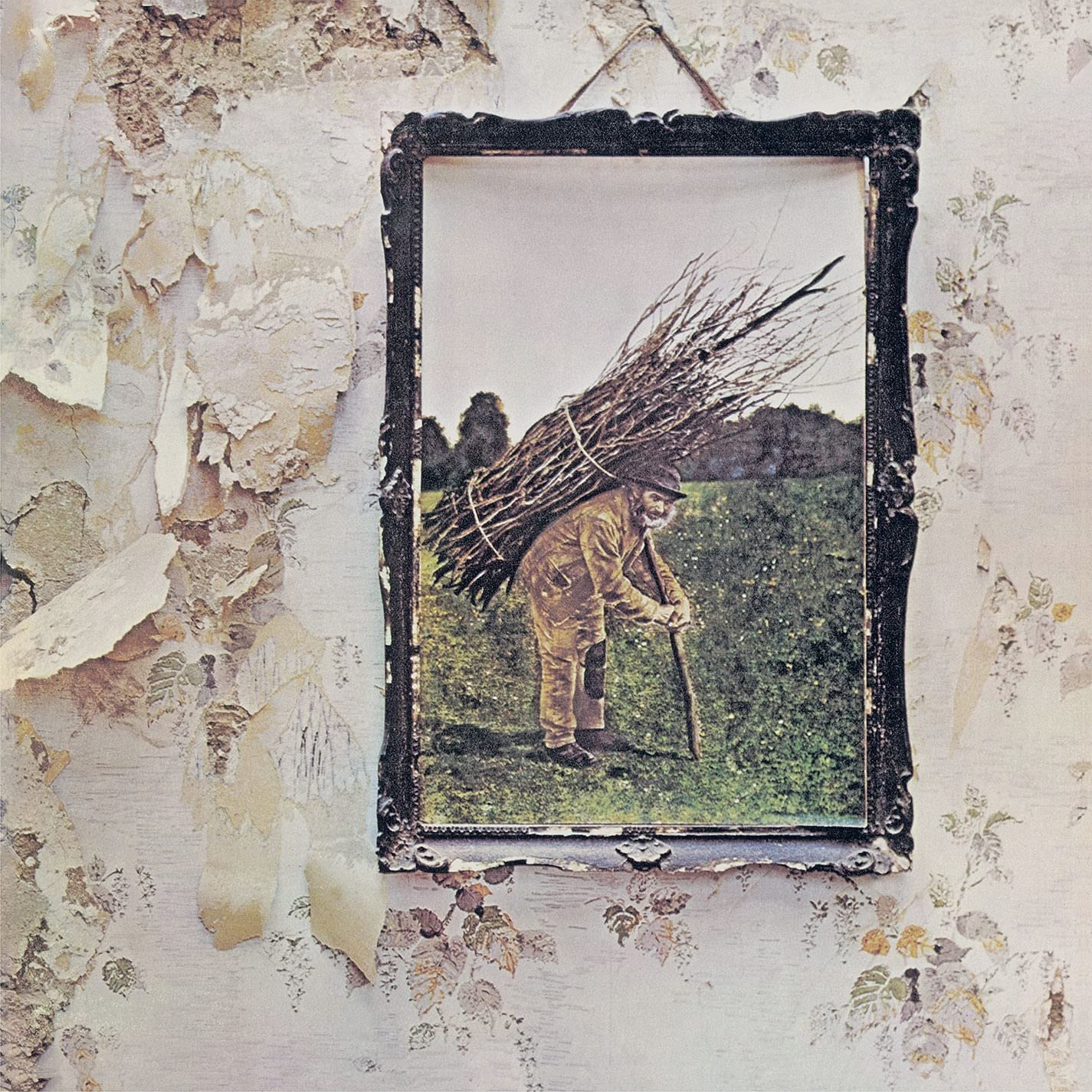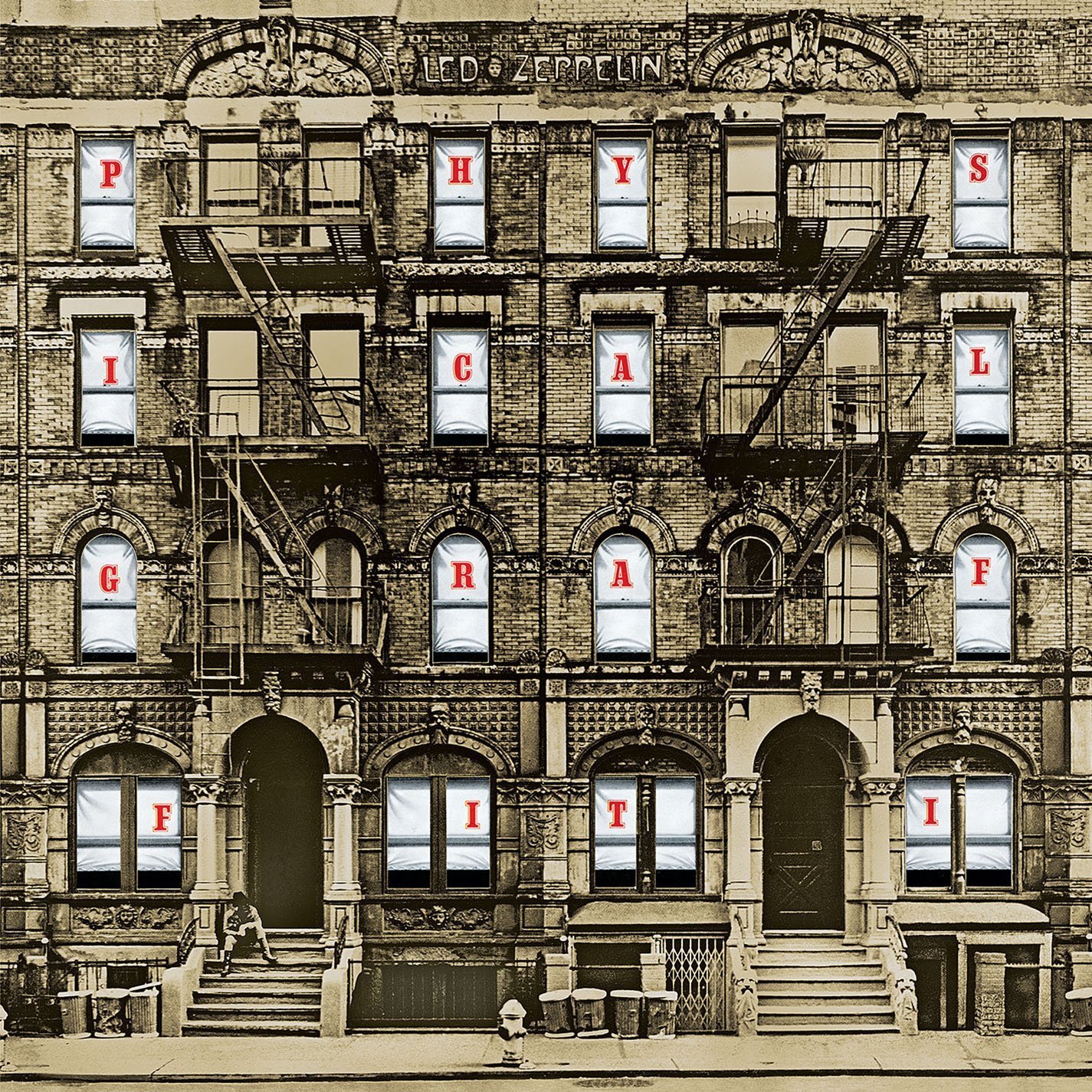Happy 55th Anniversary to Led Zeppelin’s eponymous debut album Led Zeppelin, originally released in the US January 12, 1969 and in the UK March 31, 1969.
Led Zeppelin’s self-titled debut is turning 55 and it’s a reason to celebrate. As far as inaugural albums go, Led Zeppelin is a genre and era essential.
1969 is a world away from the present day. But the one thing we have in common with it is the variety of music being made. Of course now there’s quadruple the choices and genres, but for an analog world, 1969 offered plenty of options. From Zappa’s Hot Rats to The Who’s Tommy to Captain Beefheart’s Trout Mask Replica to the decade-defining attitude on The 5th Dimension’s The Age of Aquarius, Zeppelin was doing what their contemporaries were doing: standing out. Looking back on a debut album more than twice my age allows me perspective critics of the 1960s never had. So how does it hold up?
Led Zeppelin has barely aged a day! The record starts with a bang: a simple chord riff still instantly recognizable five decades later. “Good Times Bad Times” announces who Zeppelin is: they’re loud and they’re precise. The best part of the whole album is how full of surprises it is.
Right away the drum fills on “Good Times Bad Times” set us up for how different this band is going to be on a molecular level. Then just a minute in, Jimmy Page settles into a sweet, short guitar solo. It’s one of many in Zeppelin’s catalog that will define the band’s sound, and acts as a perfect primer for what this writer-musician-producer is capable of.
Page produced all of Zeppelin’s LPs. He understood the music they were making both as a part of the band and as their engineer. From writing to controlling the mix and master of what went down on wax, he was the ultimate guitarist with full mystique and knowing control. It’s why every instrument sounds clear and crisp, separate from one another and yet the sum is greater than its parts. John Bonham’s drum pattern on “Good Times Bad Times” is just as forward as every note John Paul Jones hits on bass. Page understood what it meant to have a rhythm section in a rock band and how to record it neatly.
The first surprise is the first turn the record takes. After the two-and-a-half-minute intro of pure adrenaline there’s track two, “Babe, I’m Gonna Leave You,” where Page plays acoustic. Every musical phrase and verse on this track crescendos. It’s on “Babe, I’m Gonna Leave You” where Robert Plant’s voice shines. His echoes and moans show his range, rivaled by only his later career moves of pivoting to folk and embracing the gravel grown on his vocal folds with age.
“You Shook Me” is the Zeppelin epitome of blues and is of course a Muddy Waters original. Zeppelin’s version captures the sex they put on display during their live shows: open silk shirts, tight jeans, and a constant pounding keeping the pace. The harmonica shows up and the reverb on Page’s guitar solidifies a sense of dark psychedelia, a twist on a classic.
Listen to the Album:
Side two opens with the organ—another unsuspecting player on this rock record—played by none other than John Paul Jones, bassist and stealthy badass. Jones co-wrote “Your Time Is Gonna Come” with Page. It’s a track adding another depth to an already cavernous forty-four-minute LP. “Black Mountain Side” turns the tables with a two-minute instrumental acoustic track featuring the tabla—a pair of small hand drums played by Viram Jasani, one of the few “other musicians” credited on Zeppelin personnel listings (others don’t show up till 1971’s Led Zeppelin IV).
“I Can’t Quit You Baby” is a Willie Dixon cover covered dozens and dozens of times since its release in 1956. But since 1969, no one has ever played it the way Zeppelin did. As far as blues bands go, Led Zeppelin is one of the most popular in history (arguably rivaled only by The Rolling Stones). Their sounds are stolen from the blues born out of slavery in the American south, yet Zeppelin always sounds like Zeppelin. No one stole quite like them. Based on this fact alone, it’s amazing they aren’t American.
Two of the most famous Zeppelin songs are on Led Zeppelin—and no, I didn’t forget them: “Dazed and Confused” and “Communication Breakdown.” Both are staples for the Classic Rock genre and staples, period, for anyone interested in rock & roll.
“Dazed and Confused” opens with a slow, crawling bass dripping with unknown cool that’s still untraceable 55 years later. It goes on for over six minutes and continues to build up while Plant vibrates and wails. Bonham beats on the drums and timpani, and everything goes into slow-mo. Page’s guitar sinks under water and just after the halfway point, Bonham clicks the symbols one, two, three times. The pace doubles and Jones grooves on the bass unlike we’ve heard him do yet. The four of them race and release for two full minutes. Page rips loose and is instantly cemented as a god in skinny white boy form. What a way to close out side one.
“Communication Breakdown” is the opposite of “Dazed and Confused”—a two-and-a-half-minute shot of electricity right into your eyeballs. Page noodled it out during an early band gathering. It’s what makes this great record grand. “Communication Breakdown” is a simple idea of losing touch fully realized in song—only the surprise is they’re all speaking the same language.
All this being said, Zeppelin is problematic. And I don’t mean the English men stealing the blues part. It’s the misogyny. Notorious with women fans and followers (the one exception remains: the great journalist, Lisa Robinson), their disregard for women as human beings in their lyrics and their behavior is one to change the mind of this life-long Zeppelin die-hard. They were predatory and explicit on and off the record, using the guitar and Plant’s literal moan as an equal for sexual pleasure and orgasm. Their many lyrics about doing it to and for schoolgirls and the online literature devoted to what really happened with that mudshark is grotesque.
Enjoying this article? Click/tap on the album covers to explore more about Led Zeppelin:
Zeppelin’s code of conduct is outdated now, for sure, and the majority of their fan base is mainly white heteronormative Boomer and Generation-X dudes. But I exist and I know there are more Millennial women out there who have defined their love for sound around what Page, Plant, Jones, and Bonham did as musicians.
John Lennon said, “art without politics is just TV.” I could not write this piece without acknowledging Zeppelin’s misogyny. The only thing that rivals its legacy is the legacy of their sound. It’s time we start including their misogyny in their narrative. I tell myself it’s still OK to love them despite their actions and philosophies towards women. Complicated relationships of love continue every day in every sphere of art and life. With Zeppelin, it’s between me and my records. They last forever, thank the hammer of the gods.
LISTEN:
Editor's note: this anniversary tribute was originally published in 2019 and has since been edited for accuracy and timeliness.



